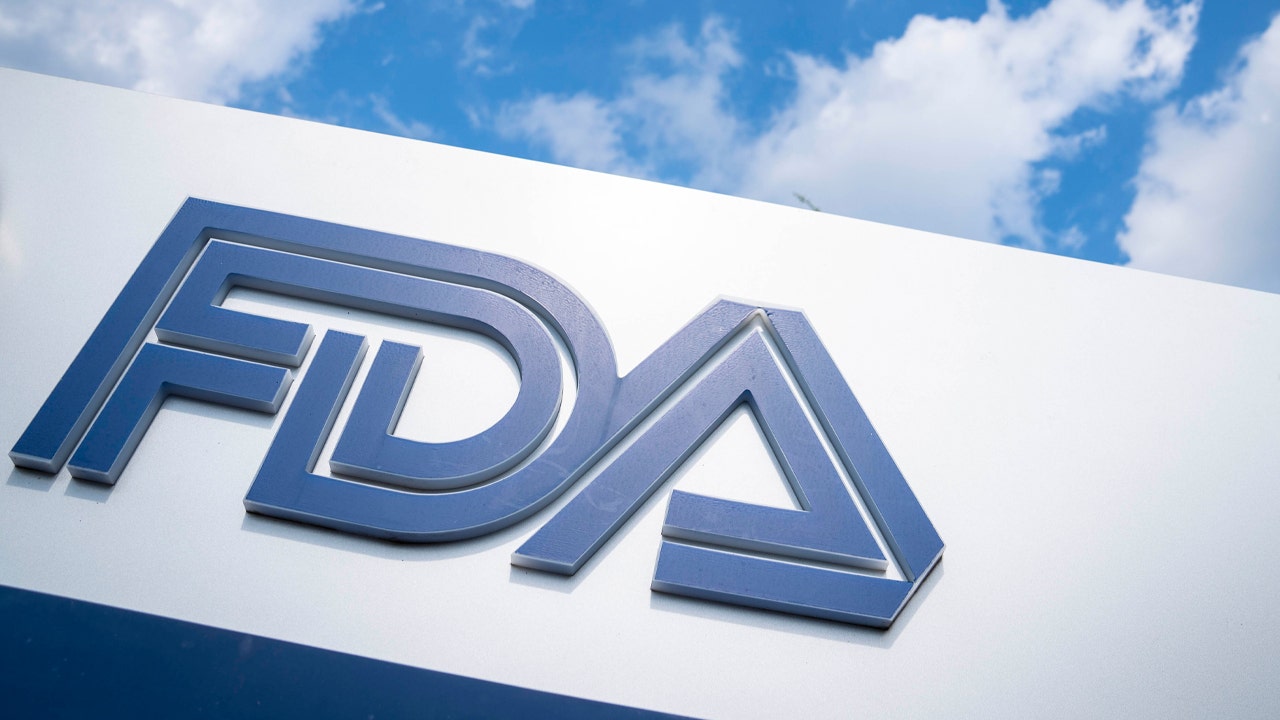



Original from: 360DX
The US Food and Drug Administration in May granted 510(k) clearances for tests and testing systems by Abbott, Hologic, and Becton Dickinson, among others.
Abbott Park, Illinois-based Abbott got a nod from the agency for its Alinity CI-Series system of analyzers and processing modules that can be combined into a single workstation with a shared control module. Those workstations can incorporate combinations of the Alinity C system fully automated clinical chemistry analyzer and the Alinity I system fully automated analyzer that uses chemiluminescent microparticle immunoassay technology.
The recent clearance also includes the Alinity C ICT (integrated chip technology) module for quantitation of sodium, potassium, and chloride in serum, plasma, or urine samples on the Alinity C instrument; the Alinity C Glucose Reagent Kit for quantitative measurements of glucose in serum, plasma, urine, or cerebrospinal fluid on the Alinity C instrument; and the Alinity I Total ¦Â-hCG chemiluminescent microparticle immunoassay for quantitative and qualitative measurement of beta-human chorionic gonadotropin in serum and plasma and early detection of pregnancy using the Alinity I instrument.
Abbott secured a separate 510(k) clearance for its Alinity I Stat High Sensitivity Troponin-I chemiluminescent microparticle immunoassay for the quantitative detection of cardiac troponin I in plasma. The test is designed for use on the Alinity I system to aid the diagnosis of myocardial infarction.
Marlborough, Massachusetts-based Hologic nabbed clearance in May for two multiplex real-time RT-PCR panels for respiratory diseases, both of which are designed for use on the company's high-throughput Fusion instrument. The Panther Fusion SARS-CoV-2/Flu A/B/RSV Assay is a fully automated test that uses nasopharyngeal samples from individuals with signs and symptoms of respiratory tract infections. Results can be achieved within three hours, and the Fusion instrument can process more than 1,000 tests in 24 hours. The firm's Panther Fusion AdV/hMPV/RV assay is an update to a previously cleared multiplex test with the same name, and it also uses nasopharyngeal swab specimens from individuals with signs of a respiratory tract infection to aid the differential diagnosis of adenovirus, human metapneumovirus, and rhinovirus. The updated test is designed to reduce false positives for human metapneumovirus, the FDA said.
Franklin Lakes, New Jersey-based Becton Dickinson also got a go-ahead for its BD Kiestra MRSA Imaging Application software, which uses artificial intelligence to help identify methicillin-resistant Staphylococcus aureus bacterial growth. It is designed for use with digital images of BD BBL ChroMagar MRSA II culture plates inoculated with anterior nares samples, and it uses algorithms to stratify the images into three categories depending on the volume of growth.
Other firms whose products received FDA clearances last month include liquid biopsy firm Nucleix, which has offices in San Diego and Rehovot, Israel. It received 510(k) clearance for its real-time PCR-based Bladder EpiCheck test for qualitative detection of 15 DNA methylation patterns associated with transitional cell carcinoma. The test uses urine samples to identify tumor recurrence in patients with previous diagnoses of non-muscle invasive bladder cancer.
Meanwhile, Sacramento, California-based Immuno Concepts got a green light for its IgG Anti-nDNA Fluorescent Test System for the identification of systemic lupus erythematosus. The test provides qualitative and semi-quantitative identification of anti-nDNA IgG antibodies in serum through manual fluorescent microscopy or with the company's Image Navigator Fluorescence Semiautomated Microscope. The system is designed for use with other clinical or laboratory findings.
Source: Abbott, Hologic, Becton Dickinson Secure FDA Clearances in May